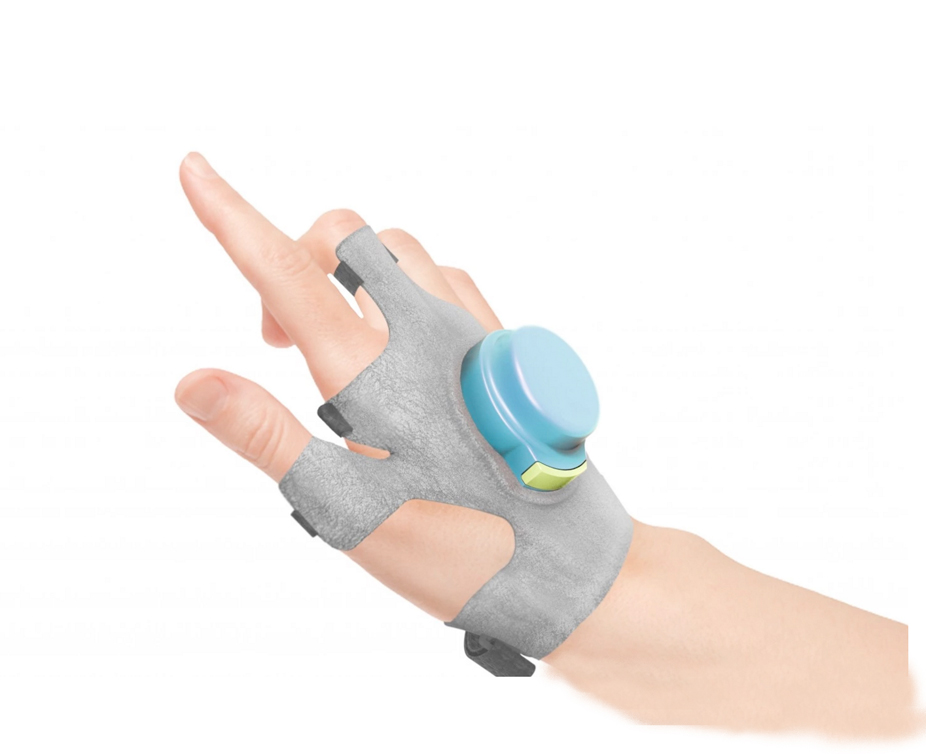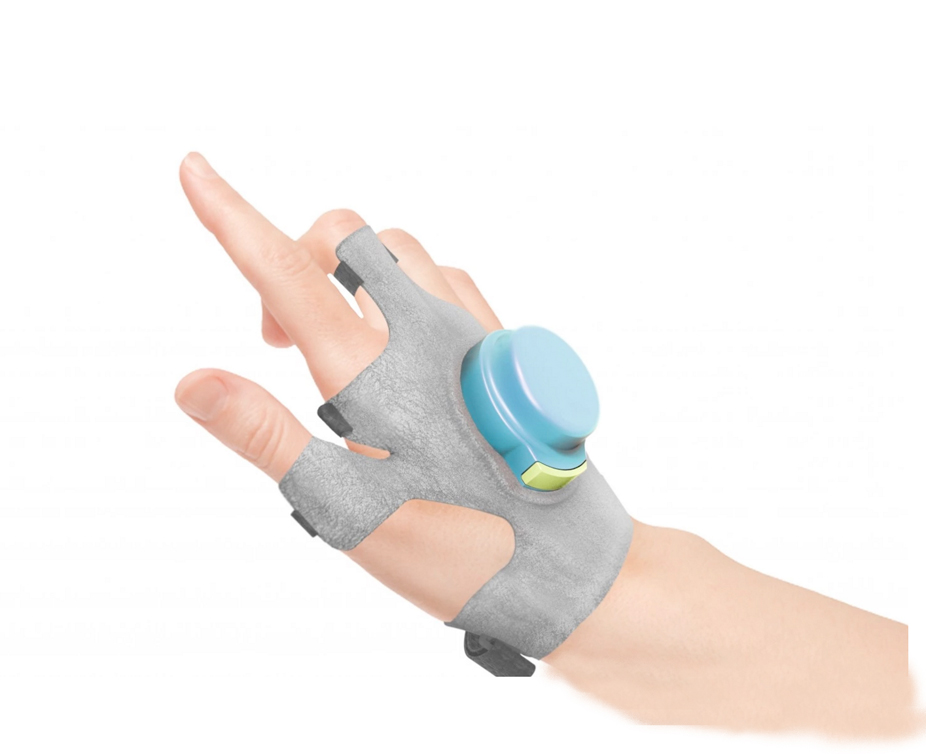Innovation of the week: A vibrating glove that steadies shaky hands
Meet the GyroGlove

A free daily email with the biggest news stories of the day – and the best features from TheWeek.com
You are now subscribed
Your newsletter sign-up was successful
A vibrating glove could help steady the hands of patients suffering from tremors caused by conditions like Parkinson's disease, said Matt McFarland at The Washington Post. The GyroGlove uses a rapidly spinning bronze disc on the back of the hand, weighing about as much as a roll of nickels and moving at up to 20,000 rotations per minute, to provide a steadying force. The effect "is akin to putting one's hand in molasses," naturally filtering out the wearer's shaking. GyroGear — the London-based startup that makes the glove — says it was able to reduce tremors by 90 percent in one test.

The idea of using wearable devices to ease tremors appeals to patients who'd like to avoid medications and their side effects. The company hopes to begin selling the GyroGlove by the end of 2016, with plans to adapt it "for surgeons, physical therapists, photographers, or anyone seeking to keep a steady hand."
A free daily email with the biggest news stories of the day – and the best features from TheWeek.com
The Week
Escape your echo chamber. Get the facts behind the news, plus analysis from multiple perspectives.

Sign up for The Week's Free Newsletters
From our morning news briefing to a weekly Good News Newsletter, get the best of The Week delivered directly to your inbox.
From our morning news briefing to a weekly Good News Newsletter, get the best of The Week delivered directly to your inbox.
-
 What are the best investments for beginners?
What are the best investments for beginners?The Explainer Stocks and ETFs and bonds, oh my
-
 What to know before filing your own taxes for the first time
What to know before filing your own taxes for the first timethe explainer Tackle this financial milestone with confidence
-
 The biggest box office flops of the 21st century
The biggest box office flops of the 21st centuryin depth Unnecessary remakes and turgid, expensive CGI-fests highlight this list of these most notorious box-office losers